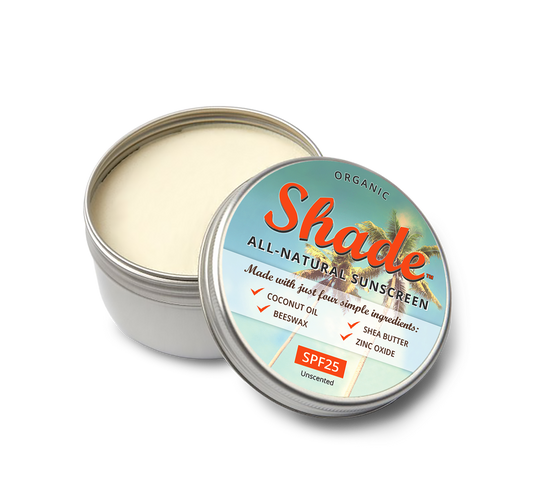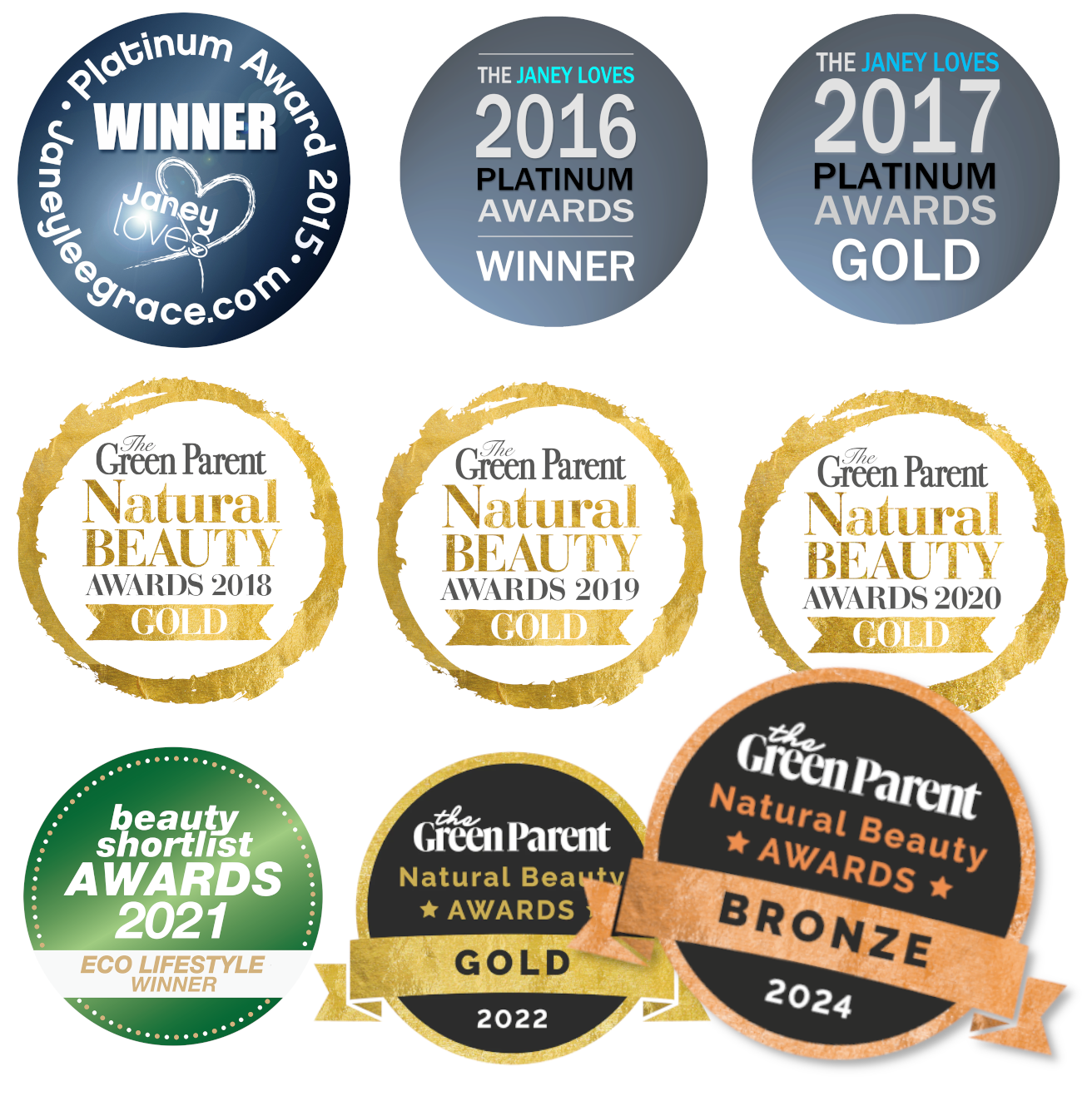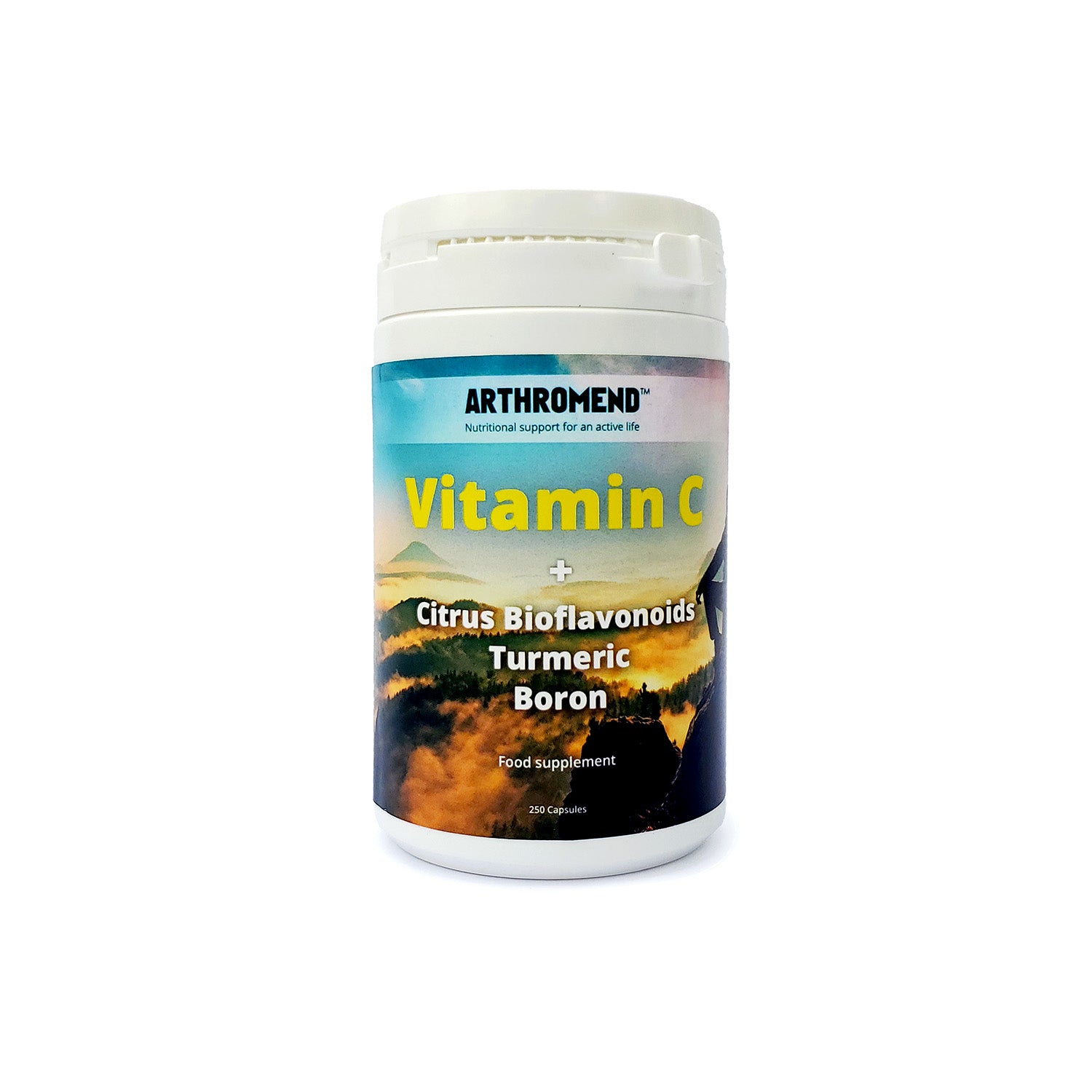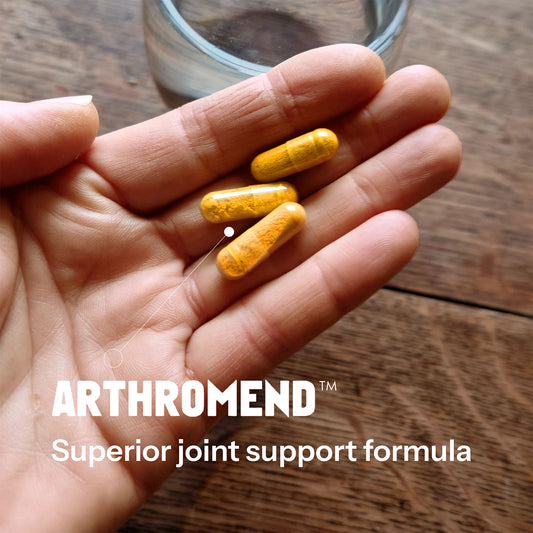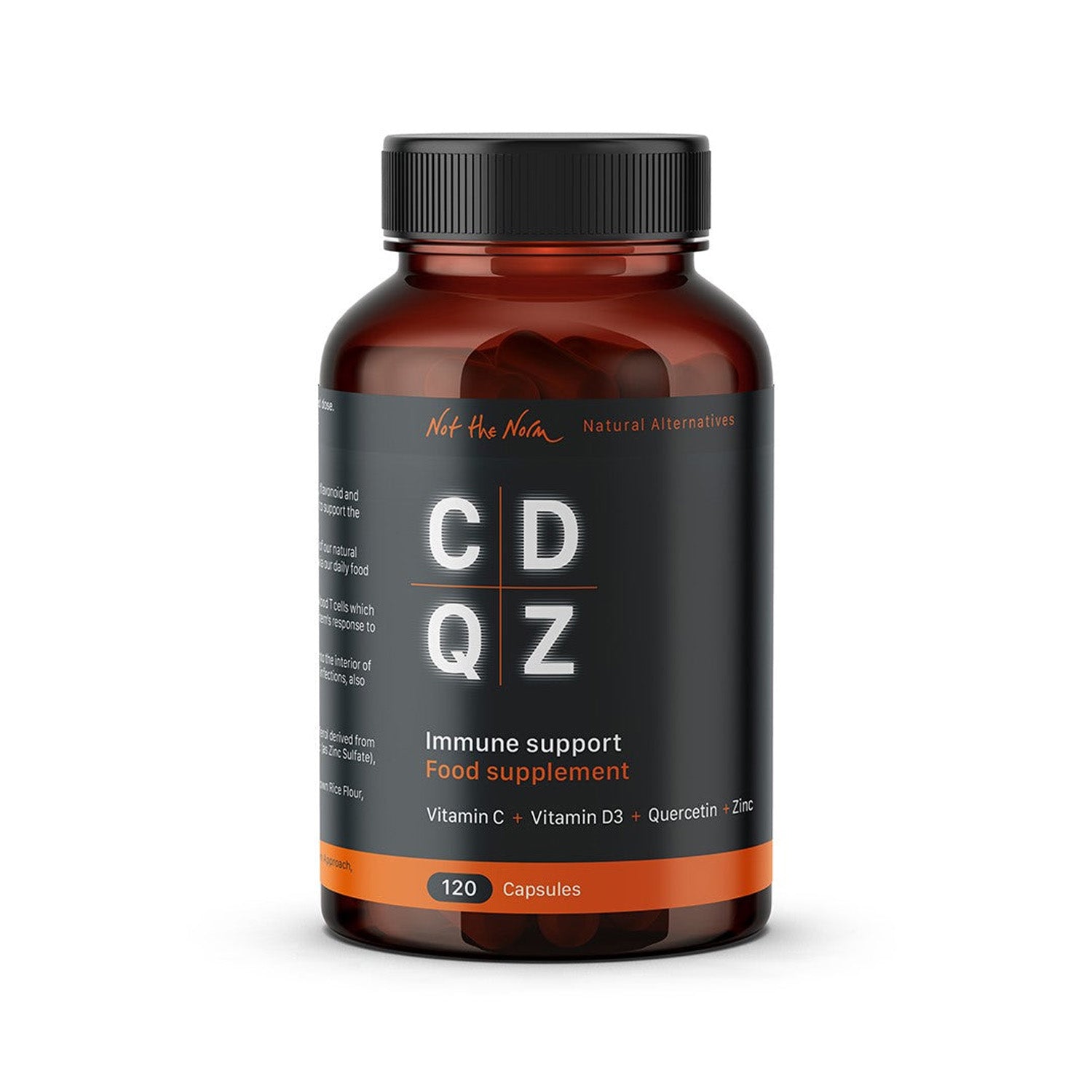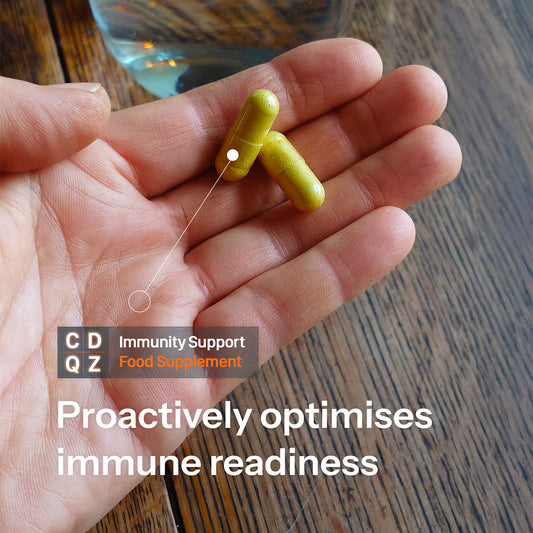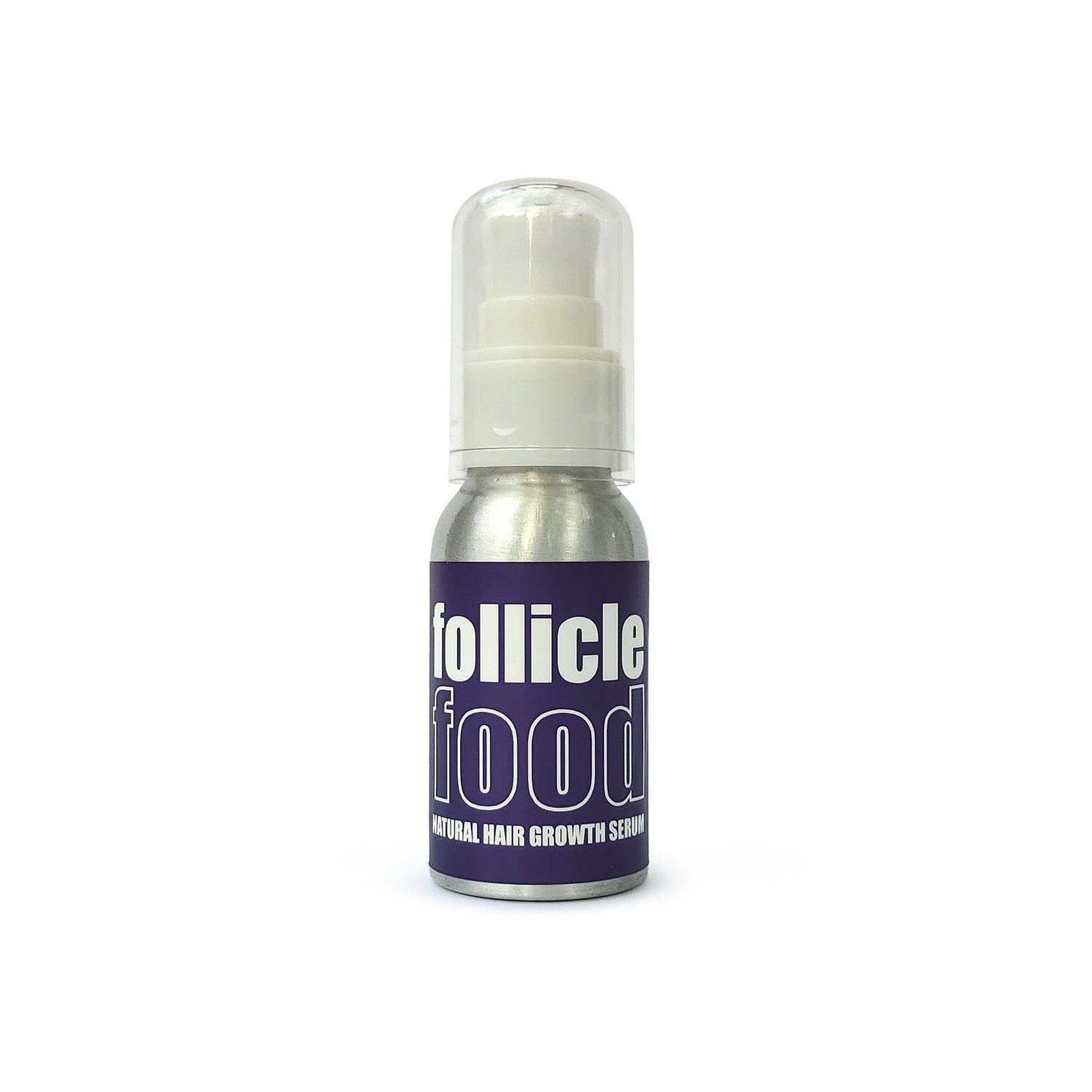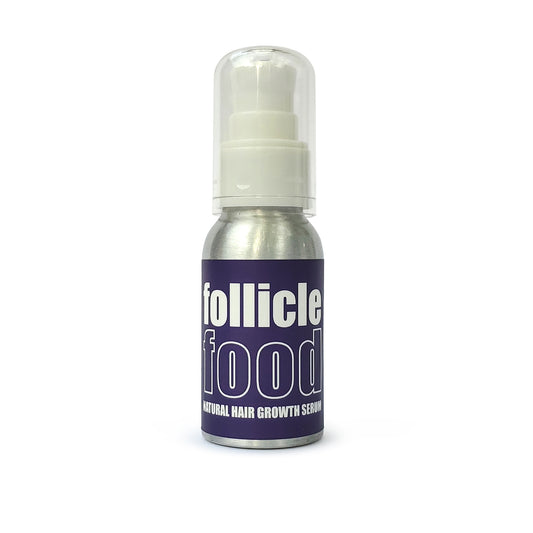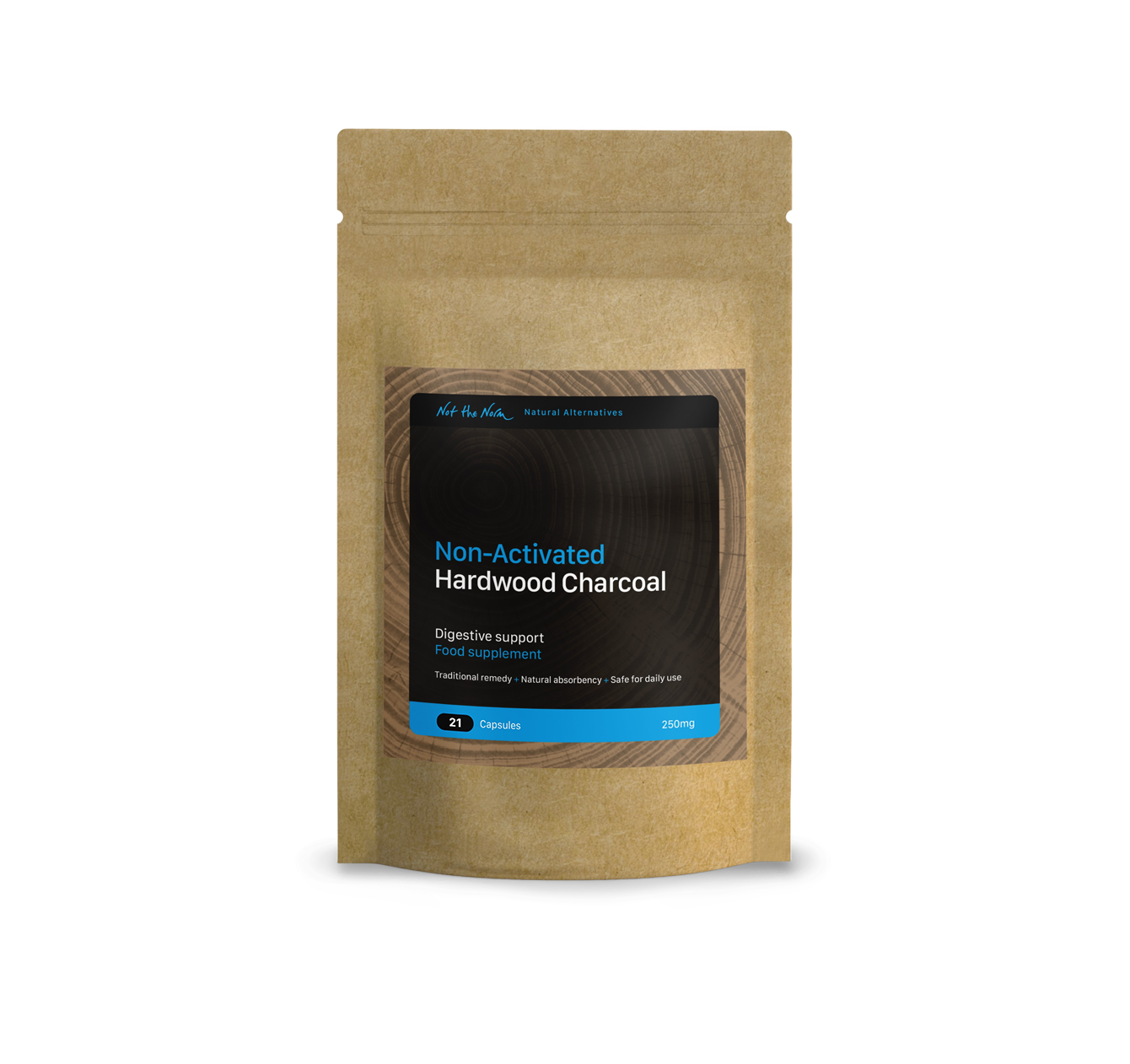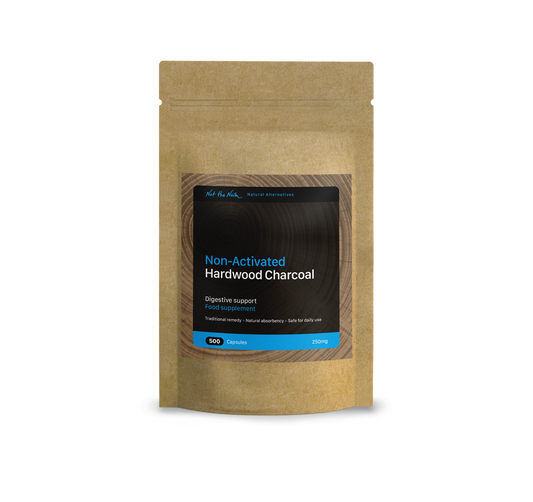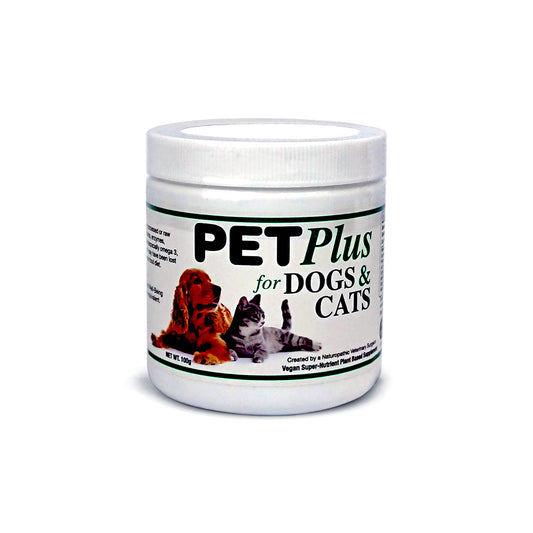For millions of women around the world, waking up to be confronted by something that eats away at your self-esteem isn’t just a bad dream—it’s a daily reality. Polycystic Ovary Syndrome (PCOS) is a complex condition that affects about 1 in 10 women of reproductive age. While PCOS presents a variety of symptoms, one of the most challenging for many is hirsutism, or the excessive growth of hair in places where women typically don’t want it, like the face, chest, and back.
The battle against unwanted hair is more than skin deep—it impacts self-confidence, mental health, and overall quality of life. Understanding why this happens and how to manage it can empower women to regain control and confidence. Let's explore why PCOS causes hirsutism, and look at how some innovative solutions and lifestyle changes can help.
The Biology of PCOS and Hirsutism
Why does PCOS cause hirsutism? Hormones. Those powerful chemical messengers that rule our bodies. In women with PCOS, the ovaries often produce more androgens—commonly known as male hormones—than necessary. Think of androgens as the mischievous culprits behind unwanted hair growth. They stimulate hair follicles in areas where hair is more common in men.
That's not the whole story though. Insulin resistance, another key player in PCOS, exacerbates the problem. Higher insulin levels can prompt the ovaries to produce even more androgens. It's like pouring fuel on a fire that's already burning too brightly.
Furthermore, an enzyme called 5α-reductase amplifies the effect of androgens by converting testosterone to its more potent form, dihydrotestosterone (DHT), which triggers hair growth in typically male-pattern areas. It’s a complex interplay of biology, but the result is distressingly visible.
The Psychological Impact: More Than Just Hair
For many women, the struggle with hirsutism is not just a cosmetic concern; it’s a psychological battle that impacts every facet of life. Imagine facing the mirror every morning, feeling like you have to hide a part of yourself from the world. It’s exhausting, isn’t it?
Low Self-Esteem and Body Image Issues: Society often dictates that women should be hairless, smooth, and soft, setting unrealistic beauty standards that many women with hirsutism feel they fail to meet. This can lead to chronic self-doubt and poor self-esteem, making everyday tasks like going to work or meeting friends feel daunting.
Anxiety and Depression: The constant worry about unwanted hair can escalate into anxiety and depression. It becomes a vicious cycle—worrying about hair leads to stress, which can worsen PCOS symptoms, further increasing hair growth. For some, this cycle feels impossible to break.
Social Isolation and Fear of Judgment: Many women with hirsutism avoid social interactions, fearing judgment or ridicule. The thought of someone noticing unwanted hair can be paralyzing. Over time, this fear can lead to social withdrawal and loneliness, compounding feelings of isolation.
How Hirsutism Impacts Social Life
The social ramifications of hirsutism extend into every aspect of a woman’s life. Romantic relationships may be strained as women fear intimacy, worrying that a partner will notice or be put off by the hair. Many women feel less desirable, and this can deeply impact relationship dynamics and self-worth.
In the workplace, professional appearances can become a source of stress. Women may worry about colleagues noticing their condition, leading to a lack of confidence that affects job performance and career advancement.
Even routine activities can become a challenge. Going to the beach, participating in sports, or attending social events where appearance is highlighted may cause anxiety. The result is a life that feels constrained by an invisible barrier, a barrier made of societal expectations and personal insecurities.
Managing Hirsutism: The Road to Empowerment
Despite the challenges, there is hope. Many women have found ways to manage hirsutism, regaining control over their lives and bodies. Here are some of the most effective strategies:
Hormonal Treatments: Oral contraceptives can help regulate menstrual cycles and reduce androgen levels. Additionally, medications like spironolactone act as androgen blockers, reducing the impact these hormones have on hair follicles.
Insulin Sensitisers: Medications like metformin can help improve insulin sensitivity, addressing one of the root causes of excessive androgen production. By balancing insulin levels, these treatments can indirectly reduce androgen levels and thus slow hair growth.
Hair Removal Techniques: While temporary solutions like shaving, waxing, and plucking are widely used, they can be time-consuming and sometimes lead to skin irritation. Longer-lasting methods, such as laser hair removal and electrolysis, offer a more permanent solution by targeting the hair follicles themselves.
Topical Treatments and Innovative Products: Topical creams like eflornithine can slow down facial hair growth. Meanwhile, many women are turning to specially formulated skincare products that contain natural ingredients designed to reduce hair growth and soothe the skin.
The Role of Natural Ingredients in Hair Reduction Products
With the rise of awareness around natural beauty products, many women are exploring alternative treatments that go beyond traditional methods. A closer look at the ingredients in our award-winning product StopHair reveals how nature’s bounty can offer a gentle yet effective approach to managing hirsutism:
- Aqua (Water): The foundation of any skincare product, water acts as a solvent, helping to mix and activate other ingredients.
- Glycerol: Known for its moisturising properties, glycerol ensures the skin remains hydrated and reduces irritation after hair removal, making it ideal for sensitive areas.
- Xanthan Gum: A natural thickener, xanthan gum stabilises formulations, ensuring even application on the skin’s surface for optimal effect.
- Sorbitan Olivate and Cetearyl Olivate: Derived from olive oil, these compounds help blend ingredients while maintaining skin hydration, leaving it soft and smooth.
- Persea Gratissima (Avocado) Oil: Packed with vitamins and fatty acids, avocado oil nourishes and soothes the skin, reducing inflammation—a crucial factor when dealing with hair removal.
- Prunus Amygdalus Dulcis (Sweet Almond) Oil: This emollient oil softens and smooths the skin, helping make hair removal easier and reducing the chances of irritation.
- Cocos Nucifera (Coconut) Oil: Renowned for its deep moisturising properties and anti-inflammatory effects, coconut oil soothes the skin post-hair removal.
- Chelidonium Majus (Celandine) Extract: With its antimicrobial and anti-inflammatory properties, celandine extract reduces skin irritation and prevents infections.
- Olea Europaea (Olive) Leaf Extract: Rich in antioxidants, this extract protects the skin from oxidative stress and supports overall skin health.
- Larrea Divaricata (Chaparral) Extract: Nature's Answer to Slowing Hair Growth: Among the myriad natural ingredients available, Larrea Divaricata (Chaparral) Extract stands out for its unique ability to target hair growth at its source. This desert shrub, native to the Southwestern United States, contains powerful compounds that have been found to interfere with hair follicle activity.
Chaparral extract works by modulating the response of hair follicles to hormones, particularly androgens. By reducing the impact of these hormones, chaparral can help decrease the rate of unwanted hair growth, providing a natural alternative to more invasive treatments. Moreover, its anti-inflammatory properties soothe the skin, creating a less favourable environment for hair growth while offering the added benefit of antioxidant protection against environmental stressors.
Addressing the Psychological and Social Impact: An Holistic Approach
Managing hirsutism effectively requires more than just addressing the physical symptoms; it demands an holistic approach that considers the psychological and social impacts as well. Therapy, particularly cognitive-behavioural therapy (CBT), has proven effective in helping women tackle negative thought patterns and boost self-esteem. Support groups can offer a community of understanding and shared experiences, providing emotional support and practical advice.
Increasing awareness about PCOS and hirsutism is crucial in breaking down societal stigma. Education empowers women, giving them the tools and knowledge they need to advocate for themselves and make informed decisions about their health.
Holistic approaches like mindfulness, meditation, and yoga can also play a vital role in managing stress and enhancing mental well-being. These practices encourage a positive outlook and promote relaxation, which can have beneficial effects on both emotional health and physical symptoms.
Conclusion: Reclaiming Confidence and Control
For women battling PCOS and hirsutism, the journey toward confidence and self-acceptance is deeply personal. Understanding the underlying causes of hirsutism, exploring effective treatments, and embracing holistic approaches can make a significant difference in managing this condition. By combining scientific advancements with the wisdom of natural remedies, women can find solutions that work for them and help reclaim control over their bodies and lives. We have seen it time and again with our customers.
Ultimately, it's about empowering women to feel confident, embrace their uniqueness, and to live life to the fullest—free from the constraints of unwanted hair and the weight of societal expectations. It’s a journey of resilience, strength, and self-love, and with the right tools and support, every woman can find her path to a more confident self.


